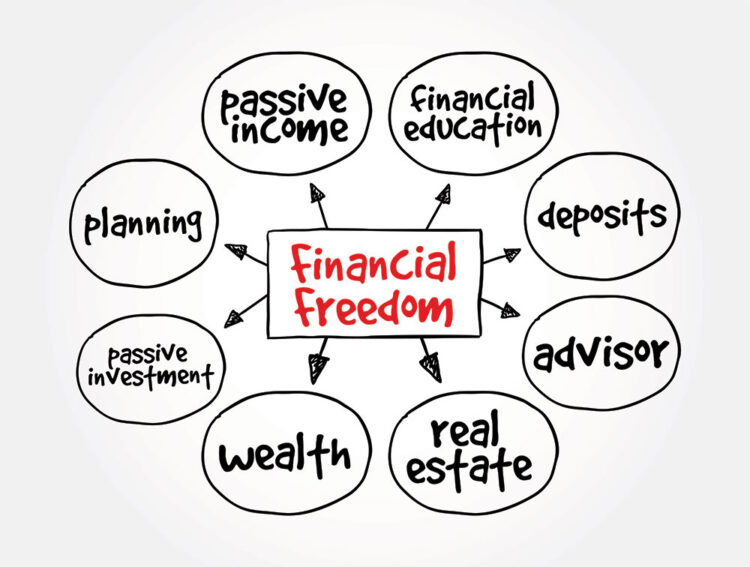Attaining financial independence before in Nigeria is no small feat. With limited government support and an economy that presents both challenges and opportunities, young Nigerians must take proactive steps to secure their financial future.
While the road may seem tough, financial freedom is possible with the right mindset, discipline, and strategic planning. This guide explores top 9 ways in achieving financial freedom in Nigeria that will help you break free from financial struggles, build wealth, and achieve lasting financial independence.
What is Financial Independence?
Financial independence involves having sufficient resources to make life choices without being constrained by financial limitations. It enables individuals to live comfortably and pursue their aspirations without monetary concerns.
Top 9 Ways in Achieving Financial Freedom in Nigeria
1. Evaluate your financial situation
Begin by assessing your current financial status. Monitor your income and expenditures, pinpoint unnecessary costs, and establish clear financial objectives. Utilizing budgeting apps can aid in tracking spending habits and maintaining financial discipline.
2. Develop and adhere to a budget
Creating a budget is essential for effective money management. A common guideline is to allocate 50% of your income to necessities, 30% to discretionary items, and 20% to savings and investments. For those with variable incomes, base your budget on average monthly earnings to ensure consistency.
3. Reduce and manage debt
High-interest debts can impede financial progress. It’s advisable to avoid borrowing for non-essential items and focus on repaying existing debts promptly. If borrowing is unavoidable, seek options with favorable terms and ensure timely repayments to prevent accumulation.
4. Diversify income streams
Relying solely on a primary job may limit financial growth. Consider additional income sources such as freelancing, side businesses, or investments in viable ventures. Entrepreneurship can be a viable path, with a focus on creating multiple income streams to mitigate financial risks.
5. Establish an emergency fund
Setting aside funds for unforeseen expenses is crucial to prevent financial setbacks. Aim to save at least three to six months’ worth of living expenses in a dedicated emergency savings account. This provides a safety net during unexpected events such as health emergencies or job loss.
6. Invest prudently
Early and informed investments can significantly enhance wealth accumulation. Explore options like mutual funds, stocks, or real estate, ensuring they align with your financial goals and risk tolerance. Starting small and seeking professional advice can be beneficial.
7. Enhance financial literacy
Continuous learning about personal finance is vital. Engage with books, online courses, or workshops to deepen your understanding of money management. Resources like “The Richest Man in Babylon” or “The Psychology of Money” offer valuable insights into financial principles.
8. Plan for retirement early
It’s never too early to prepare for retirement. Consistent saving and investing can lead to a substantial retirement fund over time. Understanding your “financial freedom number,” which is your total annual household expenses multiplied by 25, can provide a clear savings target.
9. Prevent lifestyle inflation
As income increases, there’s often a temptation to elevate spending. Maintaining a modest lifestyle despite rising earnings ensures that additional income is directed towards savings and investments, accelerating the journey to financial independence.
By implementing these strategies with discipline and foresight, young Nigerians can navigate the path to financial independence, even in the face of economic challenges.






































Discussion about this post